.Michiganians struggle with loss of state fair
 The midway at the Ohio State Fair is filled with rides and food to enjoy. The Michigan State Fair held its final fair in 2009 due to state budget cuts.
The midway at the Ohio State Fair is filled with rides and food to enjoy. The Michigan State Fair held its final fair in 2009 due to state budget cuts.August 07. 2010
Francis X. Donnelly / The Detroit News
The Michigan State Fair, the first of its kind in the United States, now has a more dubious distinction -- the first to go out of business. During a time of year when final preparations are usually being made for the fair, exhibitors and customers are struggling to deal with the loss of a staple of rural life for 160 years.
For country folk, it's one more sign that their way of life is vanishing.
"It's hard to think of Michigan without a state fair," said Alma Fisher, 78, a Marine City farm girl who was queen of the 1950 fair. "It was fun just to be there, to be part of it all."
For city children, it offered a rare glimpse of farm animals. Many kids are more familiar with exotic zoo animals than ones that figure prominently in their diet and country's history.
For both urban and rural Michigan, the closing means a loss of community.
The fair brought people from all over the state to Detroit, supporters said. City and country dwellers rarely mingle in Michigan, but they did every August at Eight Mile and Woodward.
"It was like the whole state would come together," said Mike Turner, 47, an architecture draftsman from Dearborn.
The fair reminded him of childhood summers at his grandfather's farm in Tennessee, where he chased cattle, mended fences and picked blackberries for cobbler.
 Jennifer and Kevin Koski of Sturgis own two food concession stands at the Ohio State Fair, one of 47 states still having a statewide fair
Jennifer and Kevin Koski of Sturgis own two food concession stands at the Ohio State Fair, one of 47 states still having a statewide fairOnce upon a time, the Michigan State Fair was a big deal.
Bob Hope and Marilyn Monroe performed in 1951. Stevie Wonder and Marvin Gaye appeared in 1964. The Supremes and Four Tops came a year later.
But then families began to find entertainment elsewhere.
Attendance began to fall after peaking at 1.2 million in 1966. Just 200,000 attended last year.
The $5 million enterprise began losing money, which was covered by the state. But Gov. Jennifer Granholm, facing a $1.6 billion deficit in the state budget, eliminated the state support last year.
From The Detroit News: http://www.detnews.com/article/20100807/METRO/8070371/Michiganians-struggle-with-loss-of-state-fair#ixzz0vznvSsMs
Bob Hope and Marilyn Monroe performed in 1951. Stevie Wonder and Marvin Gaye appeared in 1964. The Supremes and Four Tops came a year later.
But then families began to find entertainment elsewhere.
Attendance began to fall after peaking at 1.2 million in 1966. Just 200,000 attended last year.
The $5 million enterprise began losing money, which was covered by the state. But Gov. Jennifer Granholm, facing a $1.6 billion deficit in the state budget, eliminated the state support last year.
From The Detroit News: http://www.detnews.com/article/20100807/METRO/8070371/Michiganians-struggle-with-loss-of-state-fair#ixzz0vznvSsMs










































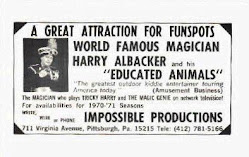

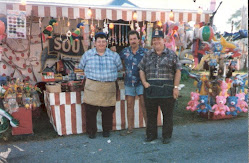












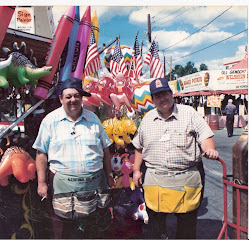
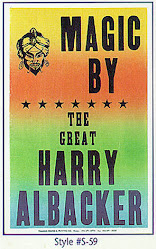















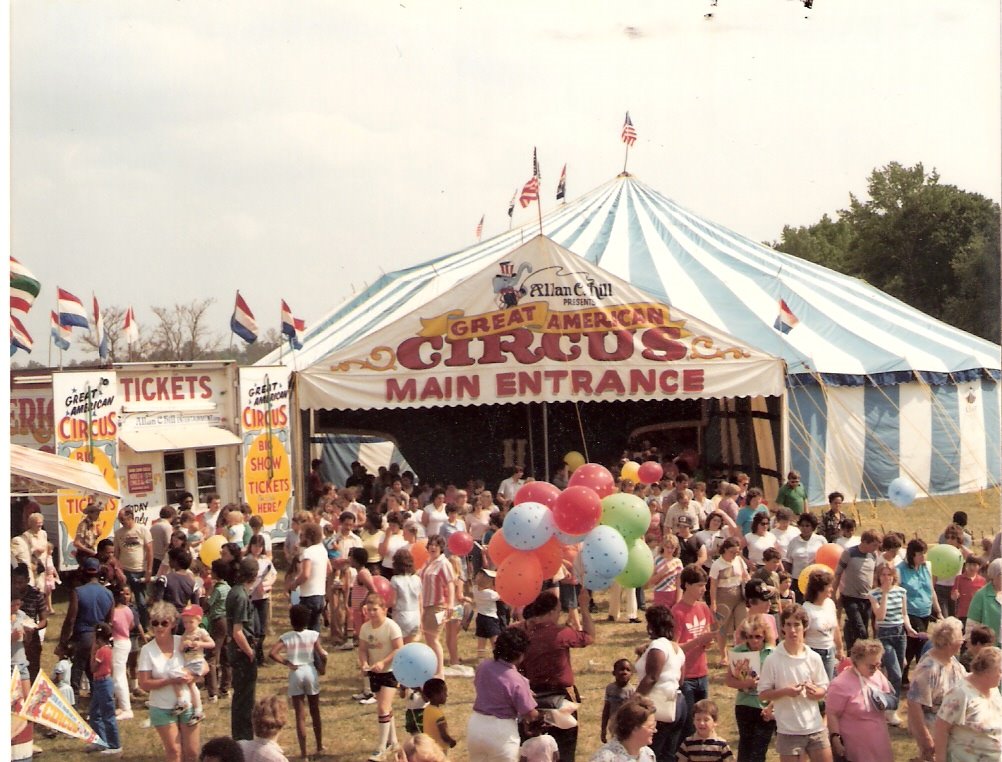









No comments:
Post a Comment